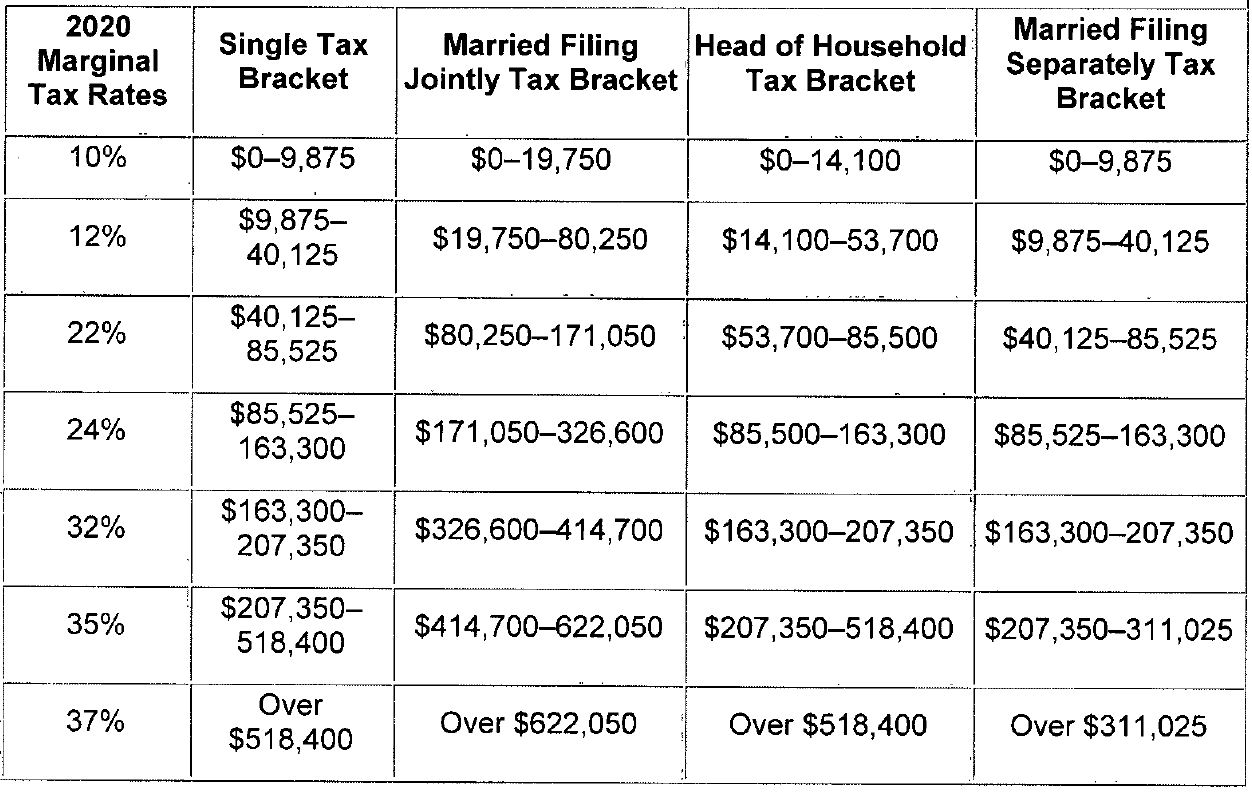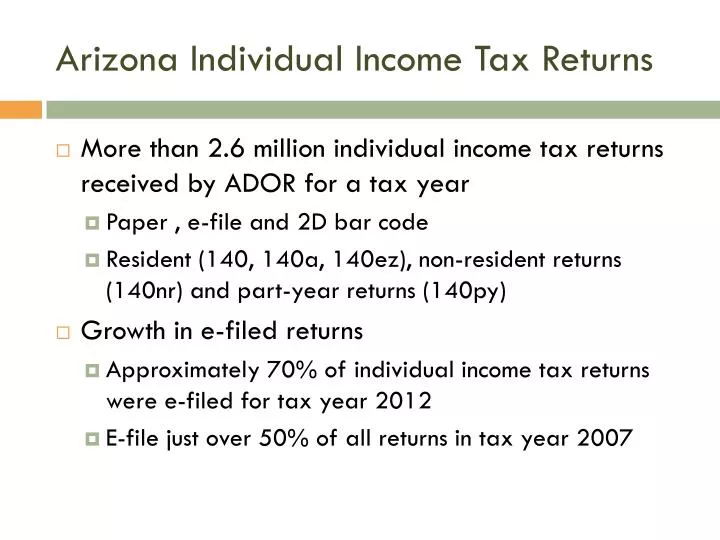

House Bill 2838 would create a workaround of the federal state and local tax (SALT) deduction limitation created by the federal Tax Cuts and Jobs Act. In addition, taxpayers electing to pay tax as a qualifying small business may create a tax rate benefit between 1.0% and 2.0% depending upon the year of election from 2021 and thereafter. Essentially, eligible taxpayers may be able to circumvent Proposition 208 surcharge by electing to be taxed under the new small business income tax regime. Taxpayers should note that this bill creates a new classification of income taxpayer and also creates a tax rate that is different from the rates established under House Bills 18.

In determining adjusted gross income subject to the standard personal income tax, the individual taxpayer electing to pay tax as a qualifying small business will be allowed a deduction of income used in determining small business gross income. Taxpayers electing into the tax will also be subject to the standard individual income tax on any non-qualifying income. For 2021, the tax rate is 3.5% and reduced annually until it reaches 2.5% in 2025. Senate Bill 1783 would create a new classification of income and an elective tax on that income titled the ‘small business gross income tax.’ Individuals with qualifying income may elect to pay a flat tax on qualifying small business income in lieu of the individual income tax, effective Jan. Proposition 208 is currently being challenged in the Arizona courts.Įlective individual income tax and elective pass-through entity tax

#Arizona state income tax brackets 2021 plus
For 2022, taxpayers subject to the surcharge would be capped at a flat 4.5% rate, instead of a combined rate of 6.48% (the 3.5% surcharge plus the new individual flat tax rate of 2.98%), effectively, reducing the individual income tax rate to 1%. For 2021, this effectively preserves the 4.5% highest rate bracket for taxpayers subject to the surcharge. Accordingly, the individual income tax rate for taxpayers subject to the surcharge (single filers with income over $250,000 and joint filers with more than $500,000 of income) cannot exceed 4.5%, effective Jan. Senate Bill 1827 establishes a capped rate levied on income subject to the 3.5% individual income tax surcharge approved through Proposition 208 last November. The two rates will be replaced by a single flat rate of 2.5% when general fund revenue exceeds $12,976,300,000. Those rates will be further reduced to 2.53% and 2.75%, respectively, when general fund revenue reaches $12,782,800,000 for the previous year. 1, 2022, replaces the states four income tax brackets with a 2.55% rate for single filers earning up to $27,272 and a 2.98% rate for income over that amount. Senate Bill 1828 implements a dramatic reduction of individual income tax burdens. Additionally, legislation providing a pass-through entity tax intended to mitigate the effects of the $10,000 federal state and local tax deduction limitation and an elective pass-through owner tax are pending before the governor. Included in the recently signed legislation are two significant tax developments, a personal income tax reduction and rate cap on taxpayers subject to the Proposition 208 surcharge. On June 30, 2021, Arizona Governor Doug Ducey signed legislation approving the fiscal year 2022 budget and corresponding tax legislation.


 0 kommentar(er)
0 kommentar(er)
